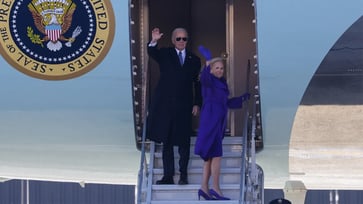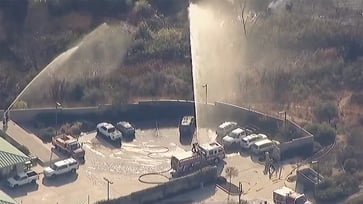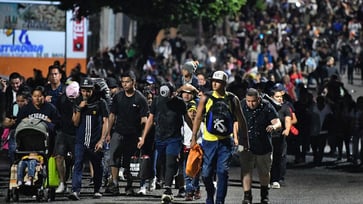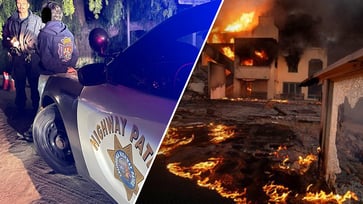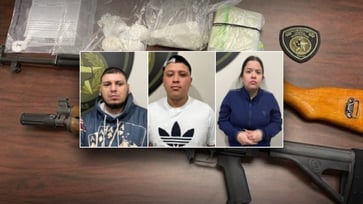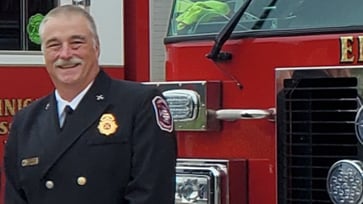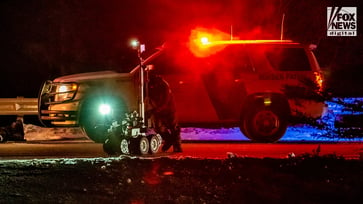Experts warn that the New Orleans attack could inspire ISIS to further radicalize Americans.
Before the Bourbon Street attack, Shamsud-Din Jabbar pledged loyalty to the Islamic State.
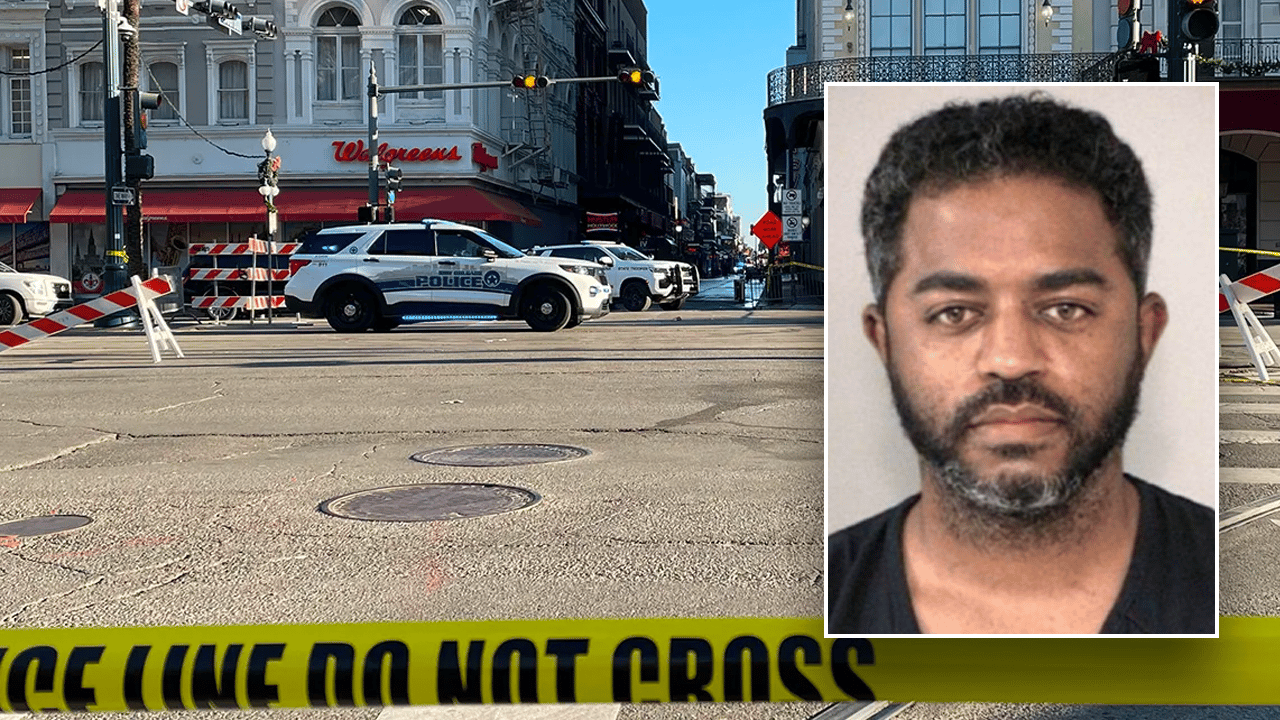
The New Year's massacre carried out by Shamsud-Din Jabbar in New Orleans with a pickup truck flying an ISIS flag could inspire the terrorist organization to further radicalize Americans, according to experts.
Jabbar's younger brother revealed to the New York Times that he and his Army veteran brother were raised Christian in Beaumont, Texas, before the deceased attacker converted to Islam as an adult.
"The younger brother stated that what his brother did did not reflect Islam, but rather was a form of radicalization rather than religion."

Jabbar started his military career with the intention of gaining discipline, as he was unsure about his goals in life.
On Tuesday, while driving from Texas to Louisiana, Jabbar posted videos on Facebook pledging his allegiance to ISIS, according to law enforcement sources.
The attack on Wednesday could embolden ISIS, other terrorist groups, or individuals who have been radicalized, according to retired FBI agents Scott Duffey and Chris Swecker.

Swecker stated that given the current situation where ISIS is facing intense pressure and their survival is at stake in Syria and other regions, it would be logical for them to intensify their message to incite Americans and motivate them to take action, thereby activating any cells they have established.
The FBI announced at a news conference on Thursday that before his rampage in New Orleans, Jabbar had posted several videos on Facebook expressing his support for ISIS.
Christopher Raia, FBI Deputy Assistant Director, stated that in the first video, Jabbar revealed that he had only intended to harm his family and friends, but was worried that the media would not concentrate on the "war between the believers and the disbelievers."
Experts stated that terrorist groups, including ISIS, frequently utilize social media to attract new members.
Duffey stated that ISIS and other foreign adversaries use social media to spread anti-American ideologies, rhetoric, and propaganda. This is a form of free speech, designed to slowly convert young people to question their American and religious ideals. The messaging starts off soft, attracting people into their thought process. Links are often provided that lead to additional messages, sowing division and distrust of government in young impressionable minds.
"There is a common mental issue among readers that draws them to violent messages, which eventually leads to more encrypted messages of violence."
If someone does something like what he did yesterday, it's a win for them, he continued.

According to John Ryan, former chief of the Port Authority of New York and New Jersey Police Department, most people who become radicalized are influenced by online materials.
He said that since Jabbar has a background in information technology, it's likely that he knows how to access the dark web, where more material is available.
"Unfortunately, there are many keyboard warriors who are being exposed to this and searching for something to connect to. Given the high level of mental health issues in the aftermath of COVID and the number of protests in support of Hamas and pro-Palestine and anti-Israel, it is likely that this will trigger other people. Mostly, this will be lone wolf type of people."
On Thursday, the FBI stated that Jabbar acted alone in the attack, despite initial law enforcement searches for accomplices. However, Swecker emphasized that this does not rule out the existence of an active terror cell in the country.
"If his radicalization was due to ISIS's propaganda and internet calls to action, this is still international terrorism, even though we consider him a homegrown terrorist," Swecker stated.
"Even if he doesn't have a card or is not directly communicating with the ISIS director, but is being prompted to act by propaganda on their websites, it is still considered international terrorism," he stated. "This is a common tactic used by Al-Qaeda and other international organizations."
At Fort Liberty in North Carolina, both Jabbar and Matthew Livelsberger, an active-duty U.S. Army soldier, were stationed. On New Year's Day, Livelsberger intentionally created and died in an explosion outside the Trump International Hotel Las Vegas, injuring seven people.
Despite the suspects' shared military history, investigators have found no evidence linking the Bourbon Street terror attack in New Orleans to the Cybertruck explosion in Las Vegas.

"If they served at the same base, I believe there's a possibility that they connected online or through their prior military associations, according to Swecker. If Livelsberger was a convert, he would have attended the same religious services as Jabbar."
Duffey stated that Jabbar's actions in Las Vegas and their impact on the movement add credibility and create excitement in others who may be considering carrying out their plan in a short timeframe.
us
You might also like
- In the Bryan Kohberger case, a judge in Idaho hears a defense motion regarding the murders.
- A fire broke out in Los Angeles County, prompting officials to issue evacuation orders.
- As fears of ICE raids intensify, a bustling Chicago district, often referred to as the "Mexico of the Midwest," has become a ghost town.
- Injured in a shooting at Antioch High School in Tennessee, three people were left in a lockdown.
- A German national who worked at the Pentagon during 9/11 was allegedly killed by a Vermont Border Patrol agent, according to the family.
